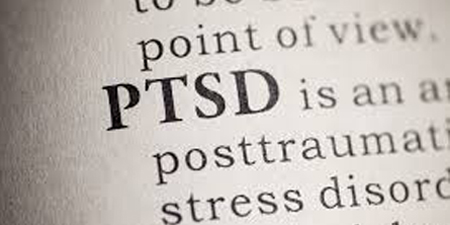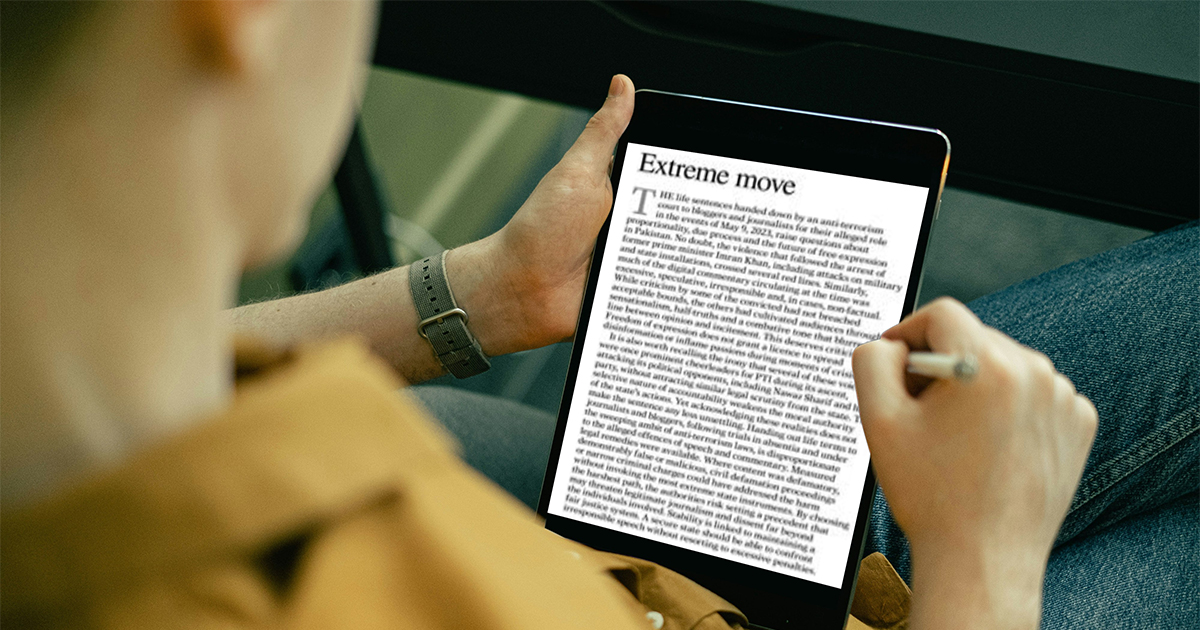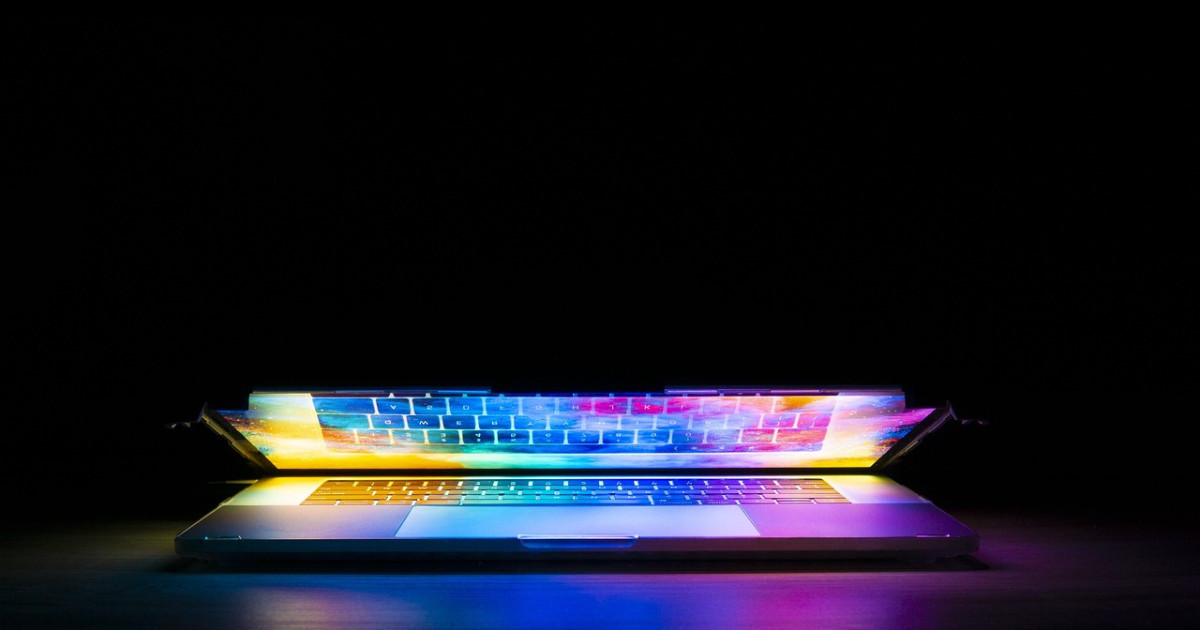Media must repair nation's psychological scars: paper
JournalismPakistan.com | Published: 28 January 2017
Join our WhatsApp channel
An op-ed in The Express Tribune discusses the lasting psychological effects of trauma on Pakistanis from extensive media coverage of violence. It emphasizes the media's role in addressing and mitigating these psychological scars.Summary
ISLAMABAD – An op-ed article in The Express Tribune Saturday highlights how Post-Traumatic Stress Disorder (PTSD) symptoms continue to exist in the behavior of Pakistanis, thanks to excessive live media coverage of terrible incidents.
In the article titled Pakistan clamoring for the Ellen touch the writer Naveed Ahmad goes back to the days of the Soviet invasion of Afghanistan and points out since then there “have been back-to-back chilling incidents the (Pakistani) nation has gone through.”
Ahmad writes that since 2001, over 100,000 lives were lost at the hands of terrorists as well as fighting against terrorism that has left behind countless cases of PTSD in almost every Pakistani region.
The author then focuses on live television coverage of terrible incidents that have fanned depression to higher scales. “For the most part, scenes of carnage were video-graphed and telecast live. The running commentary was descriptive instead of informative. From earthquakes to plane crashes, and vigilante lynching of youth to suicide bombings, the reporting revived insecurity and fear of violent death.
The article says that content with unending supply of ‘breaking news’, media executives exceeded in real-time coverage of the happenings while ignoring to do follow-ups on them the next day or week.
“While wishy-washy counter-terror policies continued, adolescent and noisy media delivered massive doses of depression and anxiety through ‘breaking news’ as well as prime time talk-shows.”
The paper said now that violent streak has slid down significantly, the PSTD suffering still haunts the people at varying stages. “Apathy towards mental health is so alarming that the last study on PTSD dates back to 2013. According to an estimate, Pakistan has more dentists than psychologists and psychiatrists combined. The rehabilitation is far from possible when there is one certified expert for 100,000 PTSD patients. The country’s four public sector mental hospitals have combined capacity of 3,000 beds. The private sector does not fare any better too.”
The writer stresses that it is the media, which never confronted the authorities for not addressing the issue of mental health that needs to come forward to repair the psychological scars of the nation.
“Even TV dramas and movies aired on cable networks and displayed in theatres must pass the criteria of minimal violence. The more the people see targeted killings and suicide attacks, their trauma is replayed. Besides implementing a code of conduct for coverage of violence and disaster, there must be an editorial obligation to rehabilitate its victims.”
Ahmad thinks Pakistan needs a media outfitted with the touch of Ellen DeGeneres to transform its pain and suffering into shared laughter and mutual kindness.
“The dilemma here is not just who owns the media houses but lack of courageous leaders able to strike the near-perfect editorial balance between the need and the demand. What’s popular is not always what’s the most important. The entire media industry seems devoid of an impeccable plan to keep news TV networks afloat. Perpetual supply of trauma through live coverage of violence or despondent shouting matches at primetime epitomizes sadistic approach to journalism and business both.
“Greed won’t salvage the media empire but kindness sure can. If cynical, ask Ellen.”
KEY POINTS:
- PTSD remains widespread among Pakistanis due to media coverage of violence.
- The media's real-time reporting exacerbates public fear and depression.
- There is a severe shortage of mental health professionals in Pakistan.
- Existing mental health facilities are inadequate for the population's needs.
- The article calls for media reform to prioritize psychological well-being.

























